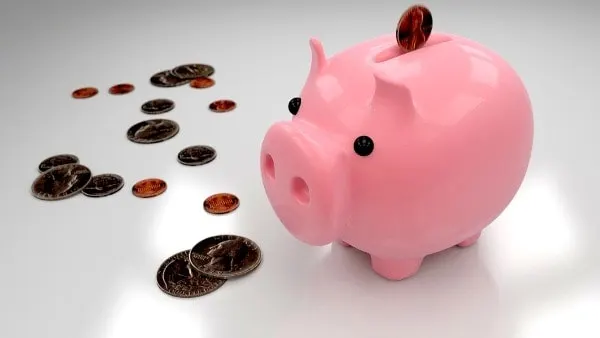
Helping kids understand how to be smart about money at an early age is important to many parents. We don’t want to overwhelm them with the financial responsibilities we have as adults, but we do want to ensure they are prepared when they eventually go out into the world and start earning and saving money.
Teaching kids about saving money isn’t difficult. Your kids don’t need to be experts in investing or opening a high yield savings account before they’re 12. There are many small and easy ways you can encourage your kids to understand savings.
By opening custodial accounts for minors, you can demonstrate to them how you are saving on their behalf, and encourage them to follow your example.
- Let them earn and manage their own money
Many of us got pocket money as kids and learned the hard way that blowing it all on sweets and toys early in the month made the rest of the month more difficult. Pocket money, whether you give it to your kids and let them earn it by doing chores, is a great way to teach kids about money and savings early.
- Set savings goals together
If you give your kid $10 a week and they want to buy a $40 video game with their money, setting a saving goal of $40 over a six week period (so they still have a little bit for smaller purchases in the meantime) will help them understand how savings work and how to budget appropriately.
If you’re willing to chip in towards the game, this could even be an opportunity to give your kids an early lesson in interest rates. Agree together that if they put aside and don’t touch $5 a week for six weeks, you will pay them $10 in ‘interest’ towards the game.
- Give them somewhere to store their savings
Most kids are too young to open their own savings account, but that doesn’t mean they can’t have their own space to keep their savings. You could go for the old-fashioned piggy bank savings – which is especially good if you’re encouraging your kids to put aside small amounts of money for a future purchase or ‘rainy day’ fund.
Once your kids are old enough, helping them set up a current account and savings account is a great way to prepare them for the future. Some kids open their first bank accounts when they leave home for college or work, but this can leave them underprepared for managing their money in a bank account rather than in a piggy bank. Letting your kids manage their own bank accounts from their teens means they will quickly learn how bank accounts work and give them more financial independence.
- Talk about money
The bottom line is, talking to your kids about money is the best way to prepare and educate them. A 2020 survey found that 34% of parents speak to their kids about money once a month or less. It’s up to you how often you talk to your kids about money, but what is important is that the conversations happen.
When it comes to teaching kids about savings, the best way to talk to them about it is to lead by example. If you’re saving for a family holiday, tell your kids about it and explain why and how you are saving money. Not only will this help them understand the savings process, but it also means when you take that holiday your kids will understand it is the result of saving money.
- Sagittarius Man & Gemini Woman Love and Sex Compatibility - January 31, 2024
- Taurus Ascendant Rising Personality Traits in Men (Guide) - January 31, 2024
- How to Seduce and Attract a Sagittarius Man (Seduction Tips) - January 31, 2024
